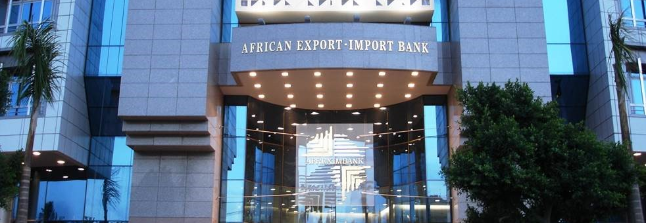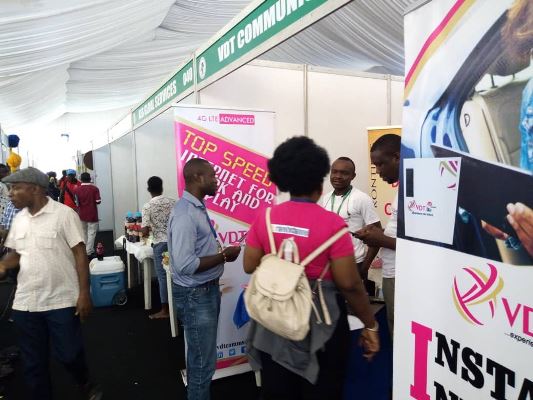Prof Benedict Oramah, President and Chairman of the Board of Directors, African Export-Import Bank (Afreximbank) says “Africa’s problems are for Africans to solve.”
A statement signed by Amadou Sall, Afreximbank’s media contact on Thursday, said Oramah said this to participants at the start of the 29th Afreximbank Annual Meetings (AAM2022) in Cairo.
The AAM2022 is holding in Cairo, Egypt, from June 15 to 18 with the theme: “Realising the African Continental Free Trade Agreement (AfCFTA) Potential in the Post-COVID-19 Era – Leveraging the Power of the Youth.”
Oramah said that Afreximbank had intervened to help the continent implement African solutions during challenging times, some of which it had done with the support of other development partners and African institutions.
He said that the notion that Africa could not rise again had been debunked, with the creation of the African Vaccine Trust (AVAT).
Oramah said that AVAT enabled African Union (AU) member states to procure 400 million doses of the Johnson and Johnson COVID-19 vaccine for the fight against the spread of the pandemic.
He said this was done through the AU’s Africa Vaccine Acquisition Task Team (AVATT).
“We stand on the pedestal of the work done here to say that we can if we dare,”he said.
Oramah complimented the resilience of the continent during the challenging times brought about by the COVID-19 pandemic.
He said the positive stories emanating from particular countries like Egypt, were a manifestation of the continent’s ability to achieve whatever it desired for its people.
According to him, Egypt had invested over 62 billion dollars over the past six years in massive infrastructural transformation.
“Notwithstanding the increased frequency of crises, we must not lose sight of the fundamental challenges that Africa must resolve.
“We can no longer accept that after 60 years of independence, Africa remains financially and economically fragmented.
“We can no longer continue to espouse the benefits of an integrated continent but do little to achieve it”.
On the ongoing Ukraine crisis, Oramah appreciated the new challenges posed to Africa, including difficulties in accessing grains, fertilisers and petroleum products.
He said that Afreximbank had stepped in with the four billion dollar Ukraine Crisis Adjustment Trade Finance Programme for Africa (UKAFPA) to help countries contain the short-term impacts of the crisis.
Oramah appealed to shareholders for increased commitment to the Bank, saying that a stronger Afreximbank could be one of the solid pillars on which Africa’s development could be built.
He announced that by 2021, Afreximbank, through its Intra-African Trade Division, had disbursed about 20 billion dollars in support of intra-African trade and investments.
Oramah said the bank had plans to disburse an additional 40 billion dollars during the next five years.
“This has raised the intra-African trade share of the Bank’s portfolio from 3 per cent in 2016 to about 27per cent in 2021 and has enabled African contractors to bid for African infrastructure-related projects.”
The statement said that sessions at the conference will include the meetings of the Advisory Group on Trade Finance and Export Development in Africa and the Annual General Meeting of Shareholders of the Bank.
This will be complemented by a full programme of seminars and plenaries featuring insights from senior government ministers, senior executives of international and continental organisations and authorities, captains of industry, and leading economists, amongst others.
It said the meetings are being attended by business and political leaders, banking industry professionals, trade and trade finance practitioners and other parties involved in economic development from across Africa and beyond.
The meetings have been ranked among the most important gatherings of economic decision-makers in Africa.
Afreximbank is a Pan-African multilateral financial institution mandated to finance and promote intra-and extra-African trade.
Afreximbank deploys innovative structures to deliver financing solutions that support the transformation of the structure of Africa’s trade, accelerating industrialisation and intra-regional trade, thereby boosting economic expansion in Africa.














